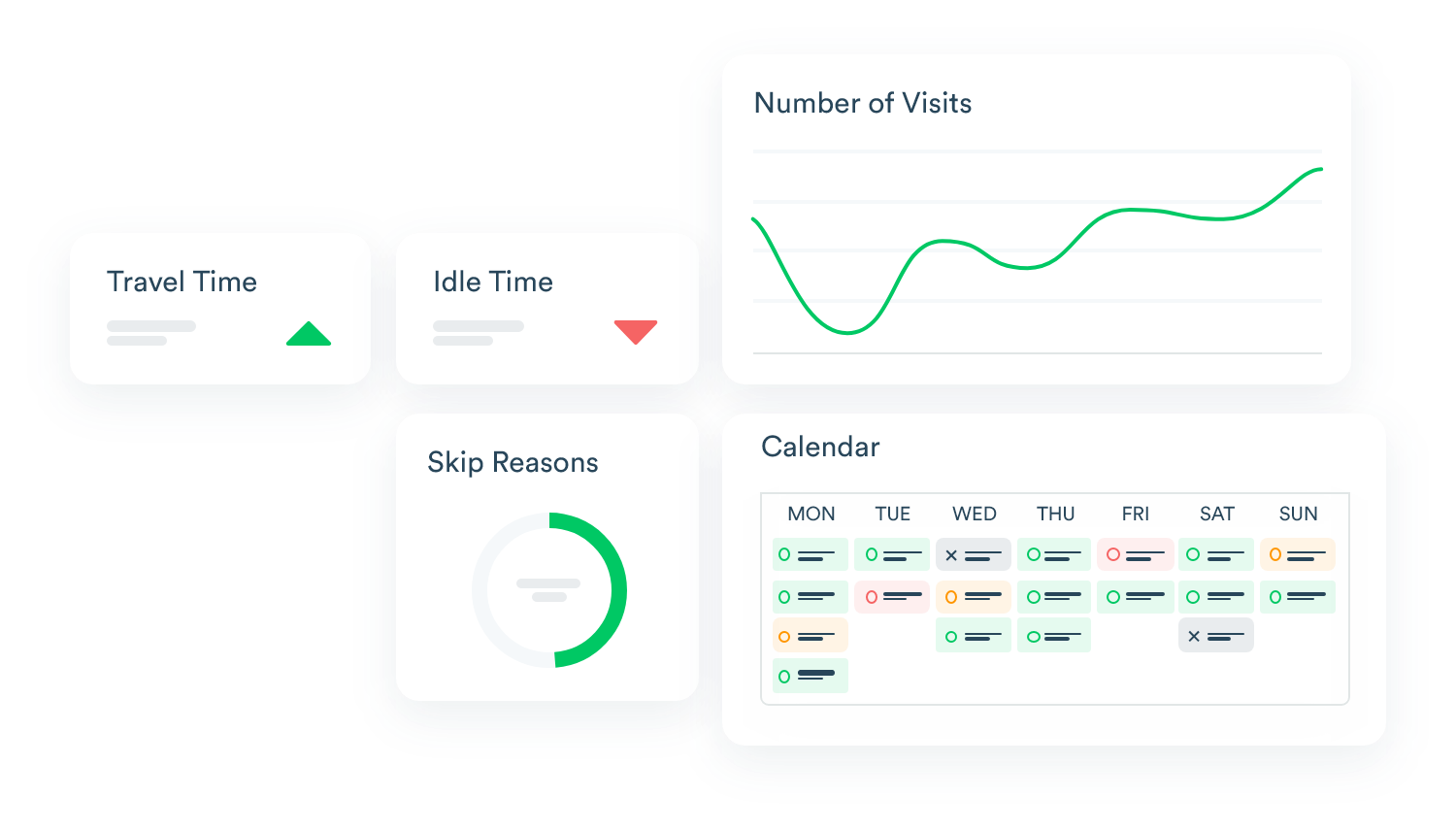Brands need actionable insights to stay ahead of the curve, understand consumer behavior, and enhance their retail execution. Mystery shopping is a -very effective- way of doing that.
It’s a way of literally being in your customers’ shoes to know exactly what they go through and how they think before making a buying decision. This method, which consists of sending anonymous evaluators to assess the quality of service, compliance with standards, and overall customer experience, can provide unparalleled real-time insights into retail operations.
Let’s explore the role of mystery shopping in market research, the benefits it brings, and best practices for implementing a mystery shopping program. Additionally, we’ll have a look at how technology can enhance mystery shopping efforts and look at future trends in the field.
Understanding Mystery Shopping
Mystery shopping is a market research technique that involves deploying trained individuals, known as mystery shoppers, to evaluate various aspects of a business anonymously. These shoppers act as ordinary customers, providing unbiased feedback that can be invaluable for businesses looking to improve their operations and customer satisfaction. They assess the quality of service, compliance with regulations and pricing, and overall customer experience.
In an Omni-Channel Retail World, this practice has evolved significantly, leveraging technology to offer deeper and more precise insights as explained in this IPSOS article. Today’s mystery shoppers use mobile apps, GPS tracking, and real-time reporting tools to collect data, making the entire process more efficient and accurate
Benefits of Using Mystery Shopping for Gathering Customer Insights
Mystery shopping plays a critical role in refining retail execution and elevating customer experience in several ways. It ensures that service standards and brand norms and values are consistently met across all locations. It also helps verify that staff complies with company policies, procedures, and regulatory requirements. It can also provide many customer insights and complement a team’s market research and company’s self-assessment while offering these benefits:
- Real-World Feedback: Mystery shopping provides authentic feedback from the customer’s perspective, helping businesses understand the real-world application of their service standards and policies.
- Unbiased Evaluation: Since the identity of the mystery shopper is unknown, employees treat them as regular customers, ensuring genuine interactions.
- Identifying Training Needs: By pinpointing areas where employees may fall short, businesses can tailor their training programs to address specific weaknesses.
- Improving Customer Experience: Direct insights into customer interactions help businesses make informed decisions to enhance the overall customer experience.
- Benchmarking Performance: Mystery shopping allows businesses to benchmark their performance against competitors, identifying areas for improvement and differentiation.
- Real-Time Insights: Mystery shopping offers immediate feedback on customer service, product presentation, and store ambiance.
- Actionable Data: Companies that use mystery shopping solutions receive detailed reports that highlight strengths and areas for improvement, allowing for targeted interventions.
Mystery Shopping Serving Market Research Strategies
As we have mentioned, mystery shopping offers insights that can be used to complete market research and make the collected information a useful tool. It gives a closer look into how promotional activities are perceived by customers. It particularly helps in fine-tuning marketing strategies to better align with customer expectations and improve campaign effectiveness.
As far as sales are concerned mystery shopping reports are a good evaluator of the performance of sales teams. By identifying strengths and weaknesses in sales techniques, they can provide targeted training to improve conversion rates and customer satisfaction.
Mystery shopping can also reveal issues with point-of-sale systems, website usability, and mobile app functionality. This feedback is essential for making informed decisions about technology investments and improvements.
The Role of Mystery Shopping in Market Research
By evaluating various aspects of service delivery, mystery shoppers provide detailed feedback on employee performance, store cleanliness, product availability, and overall satisfaction. This information is invaluable for identifying areas that need improvement and ensuring that customers consistently have positive experiences. It also offers a better view of the market as a whole focusing on areas such as:
- Product Placement: Mystery shoppers can assess the visibility and accessibility of products, ensuring optimal placement to attract customers.
- Pricing Strategies: By comparing pricing with competitors, mystery shoppers help brands align their pricing strategies with market standards.
- Customer Service Improvements: Evaluating employee performance and customer interactions helps identify training needs and improve service quality.
Informing Business Decisions
Through mystery shopping, brands gain a granular understanding of customer experiences. This data informs critical business decisions, such as:
- Adjusting product offerings based on customer feedback.
- Enhancing store layouts to improve customer flow and experience.
- Refining marketing campaigns to better target customer needs and preferences.
Implementing Mystery Shopping for Brands
Steps to Incorporate Mystery Shopping
In order to successfully integrate mystery shopping into their market research plans, brands should make sure to follow these steps:
- Define Objectives: Clearly outline what you aim to achieve with mystery shopping – whether it’s improving customer service, optimizing product placement, or assessing compliance with brand standards.
- Select Qualified Mystery Shoppers: Choose individuals who match your target customer profile. Consider their observational skills and ability to provide detailed feedback.
- Train Mystery Shoppers: Provide comprehensive training on what to observe, how to interact with employees, and how to report findings.
- Select the right tools: Equip your mystery shoppers with the right software to quickly conduct and complete their assessment in a discreet and efficient manner. In case you’re wondering Shelvz is a perfect tool for that.
- Design Effective Surveys: Create surveys that capture relevant data points, such as service speed, employee behavior, product availability, and store cleanliness.
- Analyze Data: Use analytical tools to interpret the data collected, identifying trends, strengths, and areas needing improvement.
Tips for Successful Implementation
- Regular Evaluations: Conduct mystery shopping assessments regularly to monitor progress and ensure continuous improvement.
- Feedback Mechanisms: Establish channels for employees to receive feedback constructively, promoting a culture of growth and excellence.
- Action Plans: Develop actionable plans based on mystery shopping reports, ensuring timely implementation of improvements.
Impact Analysis
The impact of mystery shopping on brands can be profound:
- Sales Boost: Enhanced customer experiences often translate to increased sales and repeat business.
- Customer Loyalty: Addressing customer pain points fosters loyalty and positive word-of-mouth.
- Operational Efficiency: Identifying and rectifying inefficiencies leads to smoother operations and reduced costs.
The Future of Mystery Shopping and Retail Execution
The future of mystery shopping looks promising, with several technologies and trends set to further improve and shape the industry:
- AI & Machine Learning: Predictive analytics and AI-driven insights will enhance the accuracy and depth of mystery shopping reports.
- Mobile Integration: Advanced mobile apps will streamline data collection, making the process seamless for mystery shoppers.
- Augmented Reality (AR): AR could provide virtual training for mystery shoppers, enhancing their observational skills and effectiveness.
- Integration with Big Data: Combining mystery shopping data with other data sources for a more holistic view of customer behavior.
- Remote and Virtual Mystery Shopping: Using virtual reality and remote evaluation techniques to assess online and in-store experiences without physical presence.
- Enhanced Personalization: Tailoring mystery shopping programs to address specific business needs and customer segments more effectively.
Conclusion
Mystery shopping is a powerful tool that empowers brands to gain deep insights into their retail operations. By integrating mystery shopping into their market research strategies, brands can enhance customer experiences, optimize product placements, and improve operational efficiency.
As technology continues to advance, the potential of mystery shopping will only grow, offering even more valuable data to drive business success.
Ready to empower your brand with actionable insights? Consider integrating mystery shopping into your market research strategy today and unlock the full potential of your retail operations.
Book a demo with us and find out more about this.



